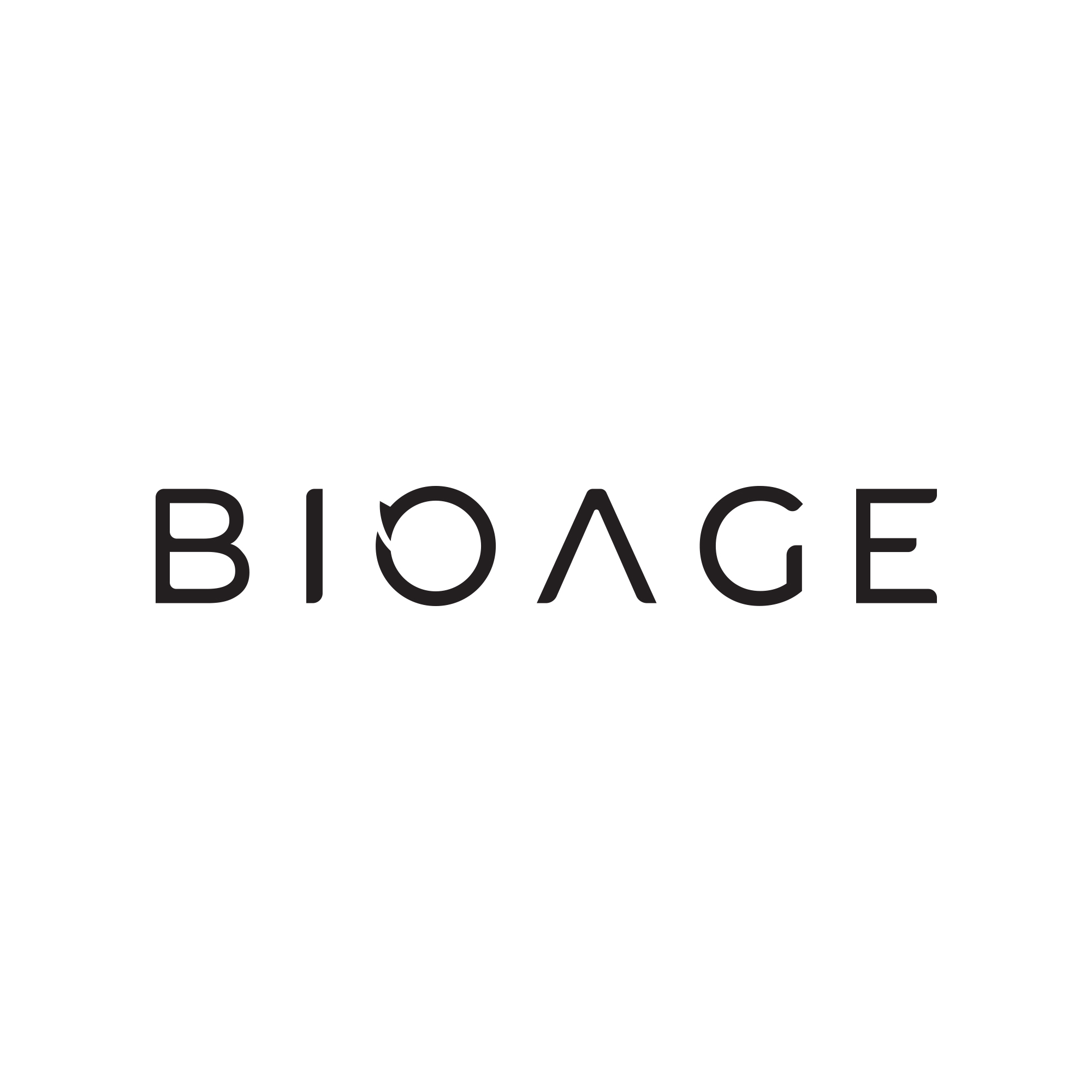BioAge, in a recent press release, has announced the start of its phase 2a clinical trial in elderly patients with unexplained anemia of aging.
BioAge is a California-based company founded in 2015 with a very direct focus on aging. It utilizes a systems biology approach and AI-based drug discovery platform to target important pathways which are found to play a role in aging. The foundation of its platform is a large, longitudinal, human dataset containing the blood samples, medical records, and eventual longevity outcomes of patients. Currently, it is pursuing programs relating to immune decline and unexplained anemia of aging, the latter of which is the focus of the imminent clinical trial.
Unexplained anemia of aging
Anemia is a well-known condition in which patients often feel tired, dizzy, or weak due to a low level of red blood cells – the cells that carry vital oxygen to the body’s tissues. Most commonly associated with an iron deficiency, anemia can be brought on by multiple causes. It is not typically thought of as a disease of aging, but its prevalence does increase significantly in older populations. The cause of the anemia is usually straightforward in younger patients, such as low vitamin B or a genetic disorder such as thalassemia.
However, there is no identifiable cause for anemia in about a third of patients over the age of 65. This unexplained anemia in older adults comes at a surprising cost. Patients have reduced mobility and independence. Anemic patients also are much more likely to fall and have mortality rates that are triple to quadruple those of similarly aged non-anemic people. These factors, among others, result in a significant decline in quality of life and an increase in medical costs.
Hypoxia-Inducible Factor (HIF) and treatment with BGE-117
Through analysis of its aging database, BioAge has discovered that high HIF activity is associated with increased physical function, cognitive function, and extended lifespan. HIF affects a number of cellular processes, including the production of blood cells, glucose metabolism, and vascular remodeling. BGE-117 is a drug that inhibits an enzyme responsible for breaking down HIF. By inhibiting this enzyme, the circulating amount of HIF can increase dramatically. In fact, a previous clinical trial in 69 patients with chronic kidney disease showed BGE-117 to increase erythropoietin (EPO) in addition to being safe and well-tolerated.
The clinical trial
This Phase 2a trial for unexplained anemia of aging has begun enrolling patients over the age of 65. In the study, an oral dose of BGE-117 will be given to 80 patients (with an additional 80 receiving a placebo) daily for 12 weeks. The study is being conducted in Australia and is spread out over 15 clinical sites. The primary outcome will be hemoglobin levels and patient-reported scores on the FACIT-F scale, a quality-of-life questionnaire designed to evaluate the effect of fatigue on daily activities and function. Safety, pharmacokinetic, and pharmacodynamic data will be collected alongside exploratory aging biomarkers and muscle aging endpoints.
Dr. Kristen Fortney, CEO of BioAge, remarks:
UAA is both highly prevalent and highly morbid, dramatically decreasing quality of life in its patients and imposing a tremendous pharmacoeconomic burden. The lack of safe and effective treatments for this condition represents a major unmet clinical need… Because BGE-117 targets a critical pathway that is dysregulated as we age, it holds great promise for several acute and chronic conditions driven by muscle aging. Functional and biomarker data from this trial will guide our advancement of BGE-117 into additional indications, targeting multiple diseases of aging with large unmet needs, high prevalence, and huge markets.
Conclusion
While results are not expected until the first half of 2022, the longevity field is still at a stage at which clinical trials are launched infrequently, and each one is cause for excitement. Although the trial could very well fail, the outcomes of this study will be followed closely by patients with unexplained anemia of aging and the longevity community at large.






